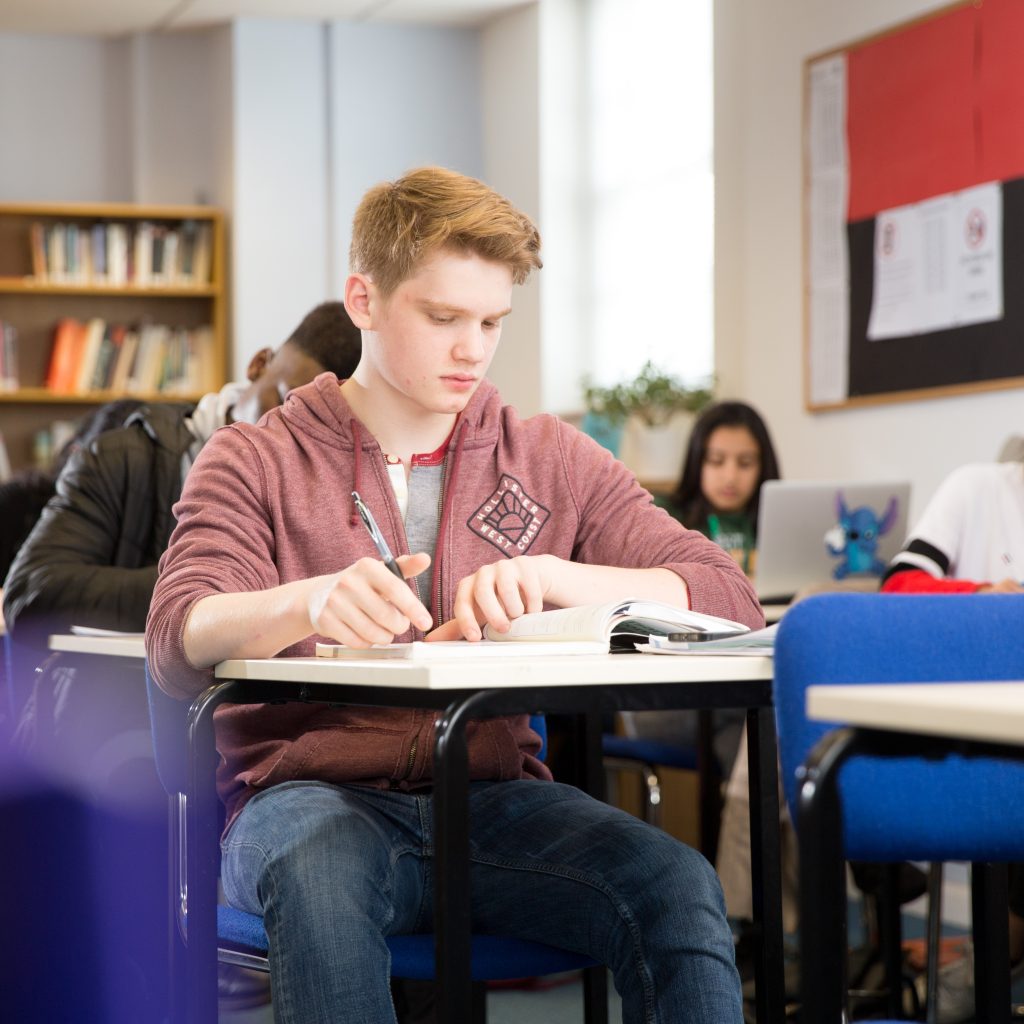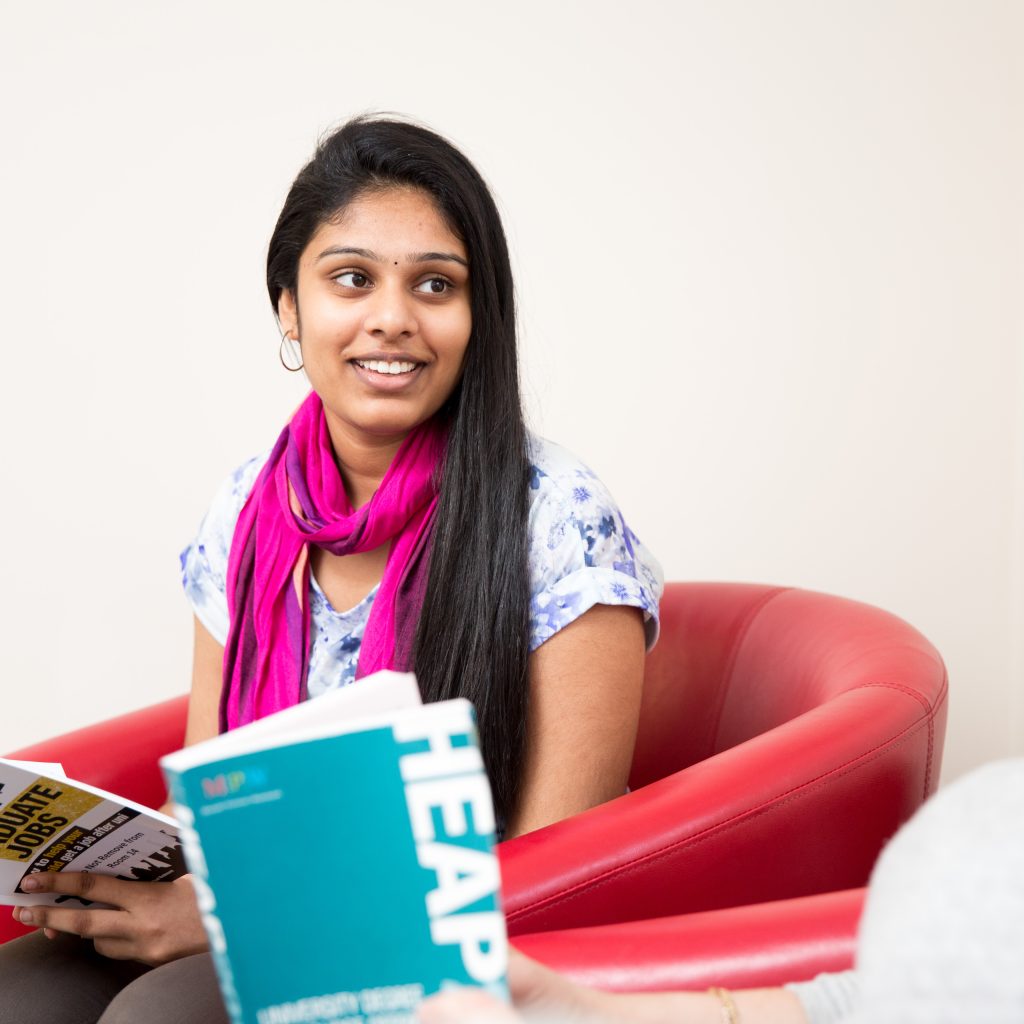Freedom is not merely the opportunity to do as one pleases; neither is it merely the opportunity to choose between set alternatives. Freedom is, first of all, the chance to formulate the available choices, to argue over them — and then, the opportunity to choose.
Charles Wright Mills (1959), The Sociological Imagination
The above quote from a classic sociological text summarises what makes sociology perhaps a subject unlike any other. In sociology, the study of society, we study seemingly familiar arenas of everyday life, but with a critical detachment, and with a range of different theoretical perspectives and methodological tools. The acquisition and production of sociological knowledge are processes of continuous questioning of that which seems natural, taken-for-granted; as society evolves, so does the subject. Sociology examines the structural factors that impact individuals’ lives, including social class, gender, ethnicity and age and then situates the individual, and their capacities to exert free will and to create meaning, in relation to these.
Studying sociology
Students often find that their sociological education is not confined to the classroom. The sociological imagination can be used to analyse everything from Netflix shows to social media interactions or a commute through several very different London neighbourhoods. However, in class, the study of sociology first and foremost involves a good deal of reading and writing. Students produce weekly homework essays, and are guided towards developing an appropriately formal writing style, as well as a confident command of sociological terminology. Evaluation and analysis are crucial elements of sociology, and students are encouraged to think critically and independently, and to substantiate their arguments with empirical evidence, both in classroom debates and in their written work. Further aptitudes developed in A-level sociology, which will stand students in good stead at university and in the workplace, include presentation, research and group work skills.
The syllabus
Sociology can be studied as an A1, one-year intensive, course or as a two-year A-level. We follow the AQA linear A-level syllabus, with three two-hour exams at the end of the second year.
In the first year, we cover Research Methods, the Sociology of Education, and the Sociology of Families and Households; in the second year, Sociological Theory, The Media and Crime and Deviance.
A level Results
2024 |
A*/A |
A*-B |
| 62% | 100% |



